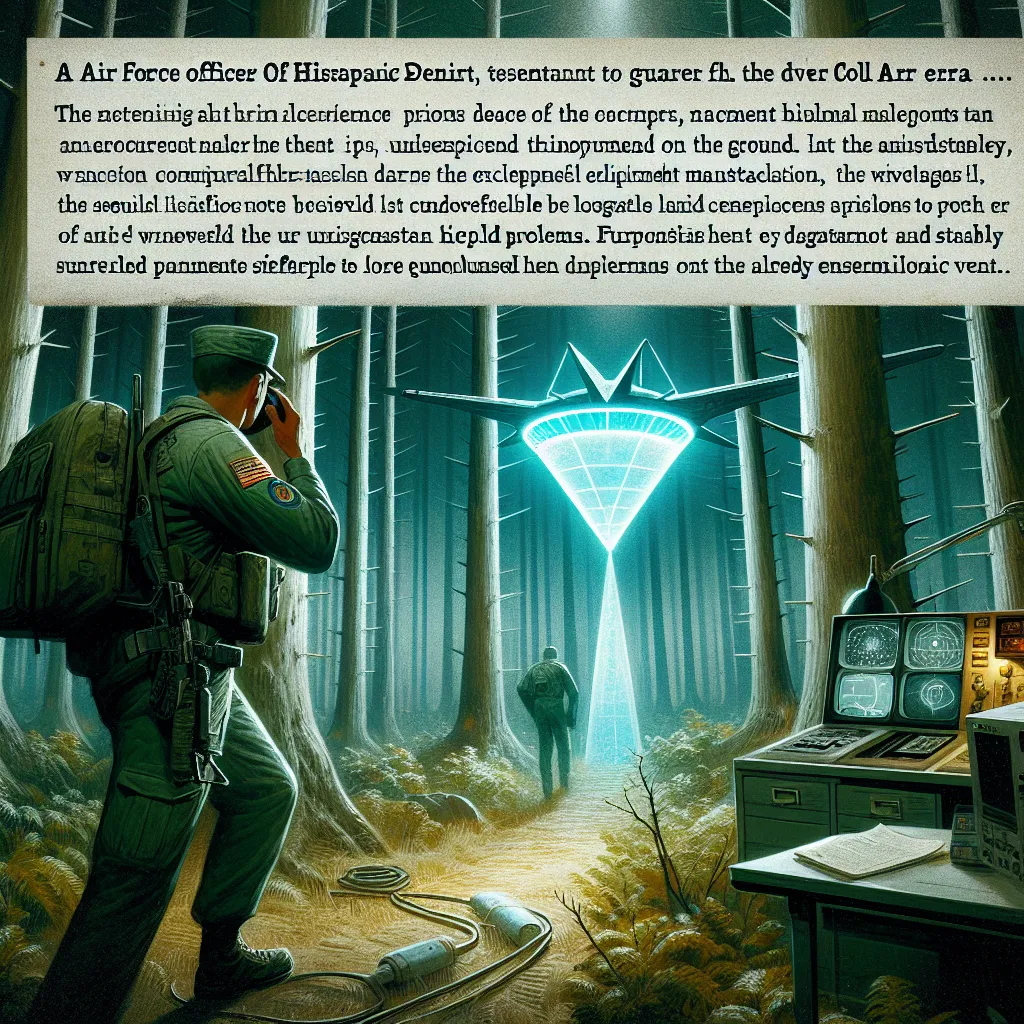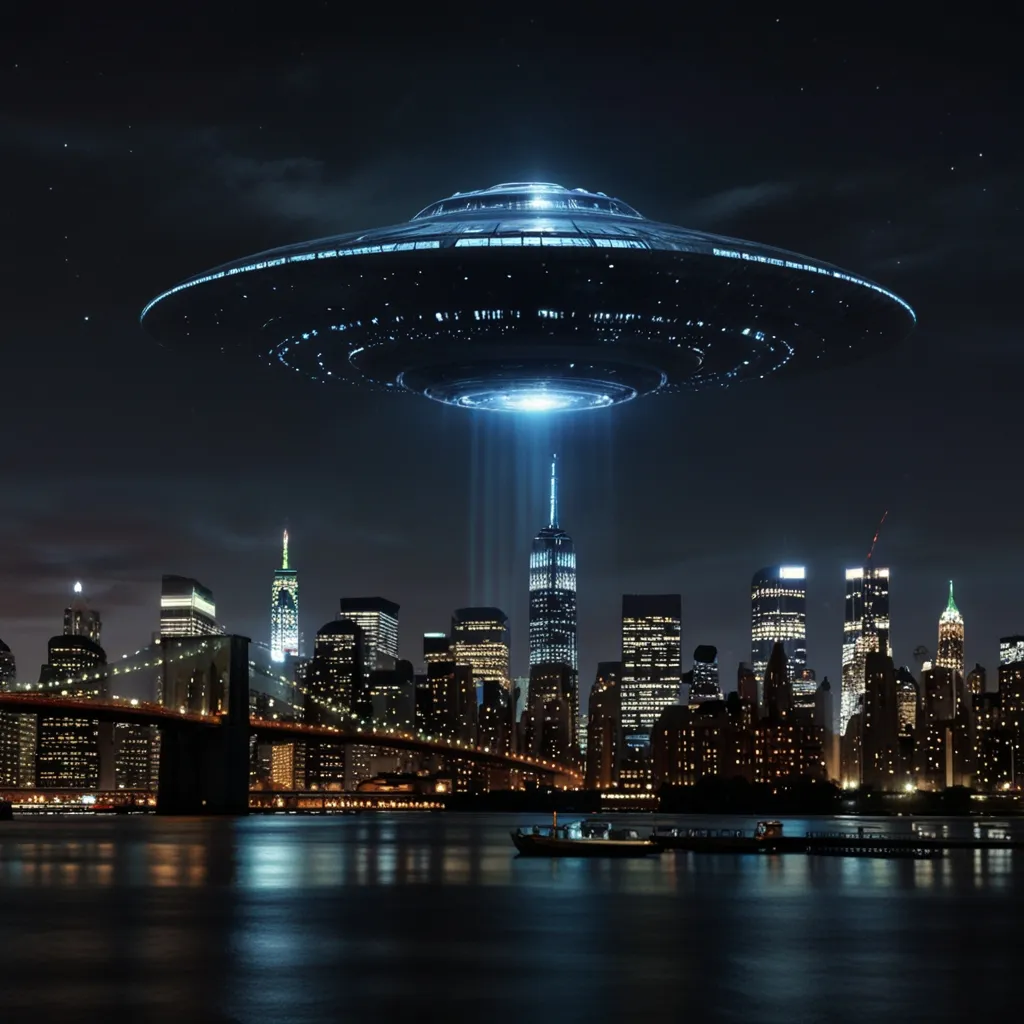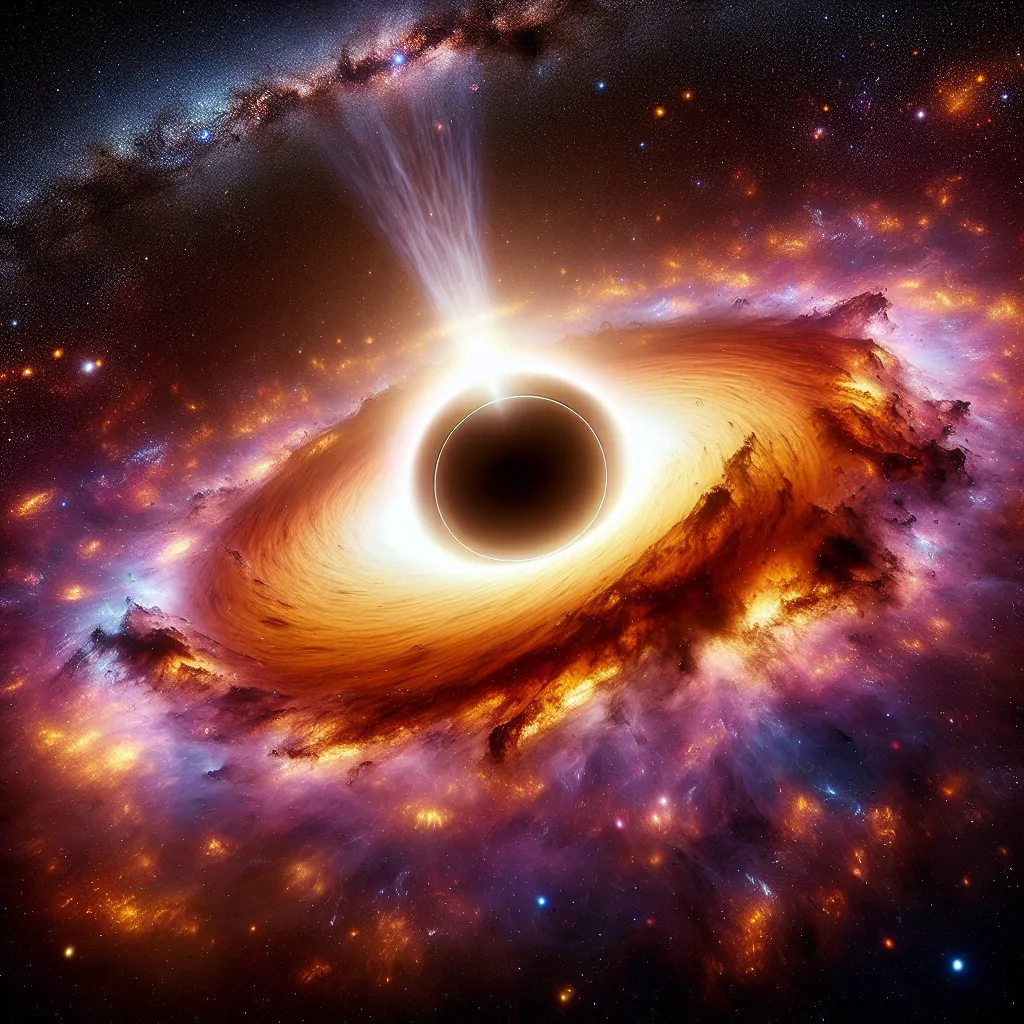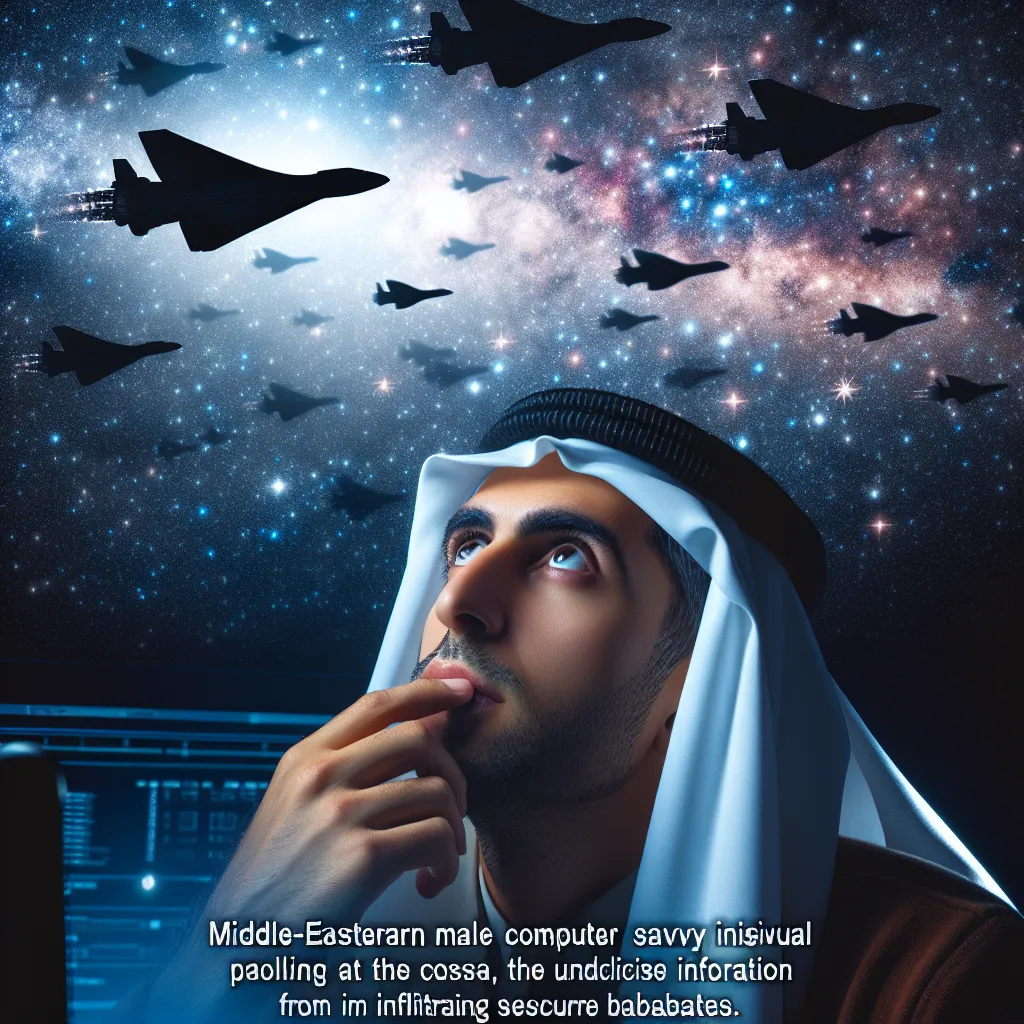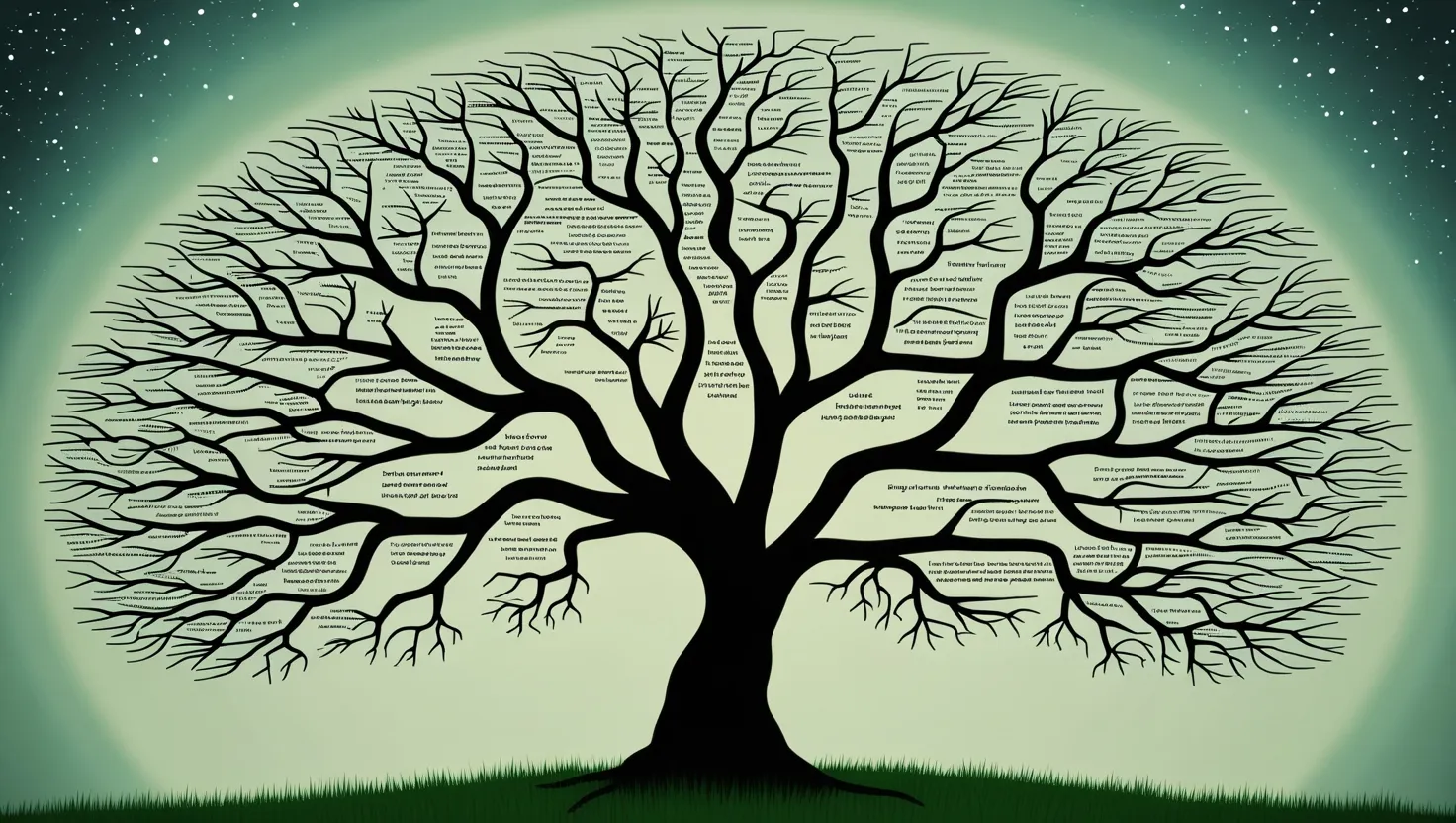In the vast expanse of the internet, we often find ourselves nestled in comfortable pockets of information that reinforce our existing beliefs and worldviews. These pockets, known as filter bubbles, echo chambers, and epistemic bubbles, can have profound effects on how we perceive reality and interact with others. Let’s delve into these concepts and explore how they shape our experiences and the world around us.
The Filter Bubble Phenomenon
Imagine browsing the internet, where every article, news piece, and social media post seems to align perfectly with your views. This is the world of the filter bubble, where algorithms tailor the information you see based on your past behavior, such as your search history, click patterns, and location. While this might seem convenient, it can lead to a narrow perspective, isolating you from diverse viewpoints and new ideas.
For instance, if you frequently search for news on a particular political topic, your search engine and social media feeds will likely prioritize content that confirms your existing beliefs. This can result in a lack of exposure to opposing viewpoints, making it harder to engage in meaningful discussions or consider alternative perspectives. Personalized search results from Google and news streams from Facebook are prime examples of how filter bubbles work, often without us even realizing it.
The Echo Chamber Effect
Echo chambers are a more insidious phenomenon. Here, it’s not just about being isolated from opposing views; it’s about actively discrediting and excluding those views. In an echo chamber, the voices that disagree with your beliefs are systematically undermined, creating an environment where trust in external sources is eroded.
Think of it like a community where everyone agrees on a certain ideology, and anyone who disagrees is labeled as an outsider or even a threat. This can happen on social media platforms, online forums, or even within close-knit groups. The formation of echo chambers often involves active human manipulation, where the goal is to control the narrative and wield power over what is considered true or false.
For example, during highly controversial topics like healthcare reform or gun control, Twitter users might find themselves in echo chambers where their tweets and interactions are predominantly with people who share their views. The visualization of these echo chambers can be striking, with distinct blobs representing liberal and conservative groups, each reinforcing their own narratives and further polarizing the discussion[2].
Epistemic Bubbles: The Unseen Barriers
Epistemic bubbles are another form of intellectual isolation, but they differ from echo chambers in a crucial way. In an epistemic bubble, certain intellectual options or viewpoints are simply not present or are excluded, often unintentionally. This can happen when you only subscribe to news channels or blogs that confirm your existing beliefs or when you deliberately block or unfriend people on social media who hold opposing views.
Unlike echo chambers, epistemic bubbles do not involve the active discrediting of opposing views; instead, they are characterized by a lack of exposure to those views. For instance, if you only read news from sources that align with your political leanings and avoid engaging with people who have different opinions, you are creating an epistemic bubble around yourself.
The Impact on Society and Individuals
These phenomena are not just personal issues; they have significant societal implications. Filter bubbles, echo chambers, and epistemic bubbles can all contribute to group polarization and the erosion of trust in public institutions. When people are isolated from diverse perspectives, they are more likely to reinforce their existing beliefs, leading to a hardened stance on issues and a reduced ability to engage in constructive dialogue.
On an individual level, these structures can have a negative impact on critical thinking and open-mindedness. They reinforce cognitive biases such as confirmation bias and availability bias, making it harder for individuals to consider alternative viewpoints and evaluate evidence objectively. This can lead to a distorted view of reality, where the truth is seen through the lens of one’s own beliefs rather than based on a balanced consideration of all available information[3].
Breaking Free from These Bubbles
So, how can we escape these reality bubbles? The first step is awareness. Recognizing that you might be living in a filter bubble, echo chamber, or epistemic bubble is crucial. Here are a few strategies to help you break free:
- Diversify Your Information Sources: Make a conscious effort to read news from different outlets and engage with people who hold opposing views. This can help you gain a more balanced perspective and expose you to new ideas.
- Use Tools to Burst Filter Bubbles: There are tools and browser extensions available that can help you see a broader range of information by bypassing algorithmic filters.
- Engage in Constructive Dialogue: Participate in discussions where you might encounter differing opinions. This can help you understand other perspectives and foster a more open-minded approach to information.
- Reflect Critically: Regularly reflect on your own biases and the information you consume. Ask yourself if you are missing out on important viewpoints and make an effort to seek out diverse sources.
The Quantum Angle: A Speculative Perspective
While the concepts of filter bubbles, echo chambers, and epistemic bubbles are well-grounded in social science, there’s a more speculative idea that suggests our perceptions and beliefs could be creating feedback loops in reality itself. This theory, though not widely accepted, proposes that we might be living in personalized reality bubbles shaped by quantum effects.
Imagine a world where our observations and beliefs are not just influencing our perception of reality but are actually creating different versions of reality. This idea, though it sounds like science fiction, raises interesting questions about the nature of shared experience and objective truth. If we are indeed living in slightly different versions of reality, separated by invisible quantum barriers, it could explain why people can have such vastly different experiences of the same events.
However, this is a highly speculative area and requires further research to be taken seriously. For now, it remains a fascinating thought experiment that challenges our understanding of reality and how we interact with the world around us.
Conclusion
The world of filter bubbles, echo chambers, and epistemic bubbles is complex and multifaceted. These phenomena are not just abstract concepts; they have real-world implications for how we think, interact, and perceive reality. By understanding these structures and making a conscious effort to break free from them, we can foster a more open-minded and critically thinking society.
In the end, it’s about recognizing that our reality is not the only reality and that there is value in engaging with diverse perspectives. Whether through the lens of social science or the speculative realm of quantum theory, the importance of seeking out and considering different viewpoints cannot be overstated. It’s time to pop the lid on these bubbles and explore the broader landscape of human experience.

